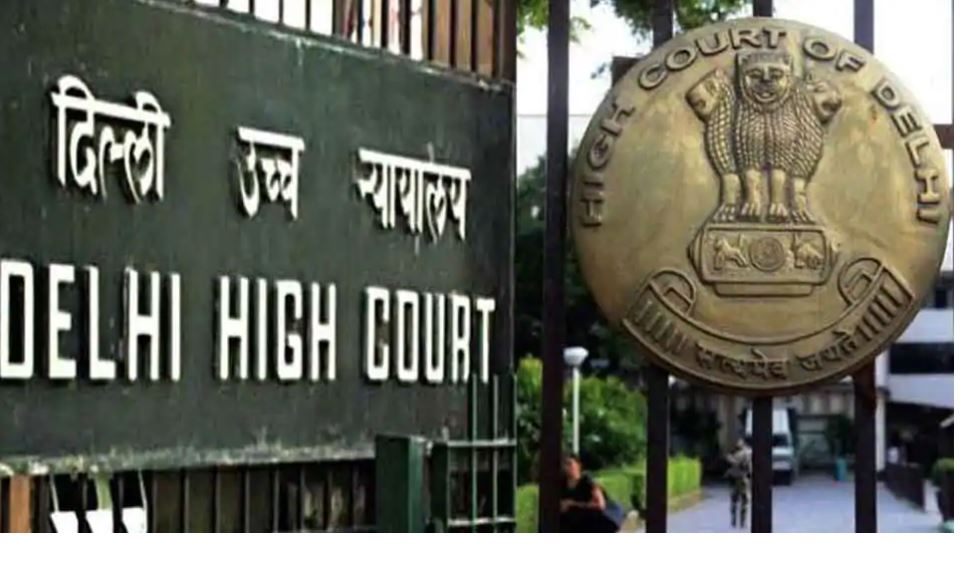The Delhi High Court has upheld the conviction of a man for an offence under Section 138 of the Negotiable Instruments Act and directed him to pay Rs 20 lakh compensation to the complainant while stating that the judgment of the trial court is not perverse and requires the interference of the court under Section 397 CrPC. (Barun Kumar Vs State of NCT of Delhi & Anr.)
Justice Subramonium Prasad rejected all the contentions of the convict and held, “Two courts below have after analyzing the facts come to the conclusion that the initial burden cast against the petitioner has not been discharged. This Court is in agreement with the view of the two courts below.”
The matter before the Delhi High Court was the revision petition filed by the man convicted under Section 138 of the NI Act. He had taken a loan of Rs 15 lakh from the complainant in the following manner
– Rs 50,000 was paid by way of cash.
– Rs 6,50,000 was paid by cheque dated 15.12.2010 drawn on UCO Bank.
– Rs 8,00,000 was paid by cheque dated 20.12.2010 drawn on UCO Bank. The said cheques were duly encashed on presentation by the convict.
The Delhi High Court further denied the contention of the convict that presumption under Section 139 of the N.I. Act is rebuttable and the standard of proof for the defense is based on pre-ponderance of probabilities.
The Delhi High Court said that the acknowledgment receipt issued by the appellant/convict in lieu of Rs 15 lakh and he has also issued the cheque signed by him to the complainant. The same was produced by the complainant and when he deposited the said cheque the same was returned with the endorsement “insufficient funds”. The receipt along with the cheque made out a case under Section 138 N.I. Act. The petitioner has not been able to rebut the presumption under Section 139 of the NI Act. He has not denied his signatures in the cheque. He does not deny the fact that the receipt dated 18.12.2010 was given by him which acknowledges a sum of Rs 15 lakh taken as a loan. The mere ispe dixit of the petitioner and the statement in defence under Section 313 CrPC without any material does not rebut the presumption cast on the petitioner under Section 139 of the N.I. Act.”
Further, the Court also denied the contention raised by the petitioner’s counsel that amount of 15 lac not shown in the income tax return by the complainant. The Delhi High Court held, “just by contending that the income tax returns have not been filed or by stating that complaints have been filed by the complainant against the accused does not rebut the presumption of the petitioner even on preponderance of probabilities. The fact that the loan has been given in violation of the Section 269 SS of the IT Act does not mean that the Court cannot look into the documents at all….it at best makes an offence under Section 271 D of the IT Act but it does not mean that the loan of Rs 15 lac has not been given by the complainant to the petitioner.”
The Delhi High Court has noted that the courts below relied on the judgment of the Bombay High Court in Krishna P Morajkar v. Joe Ferrao, 2013 SCC OnLine Bom 862, wherein the High Court observed as under:
”26. ….the entire scheme of the Income Tax Act is for ensuring that all amounts are accounted. If some amounts are not accounted for, the person would be visited with the penalty or at times even prosecution under the Income Tax Act, but it does not mean that the borrower can refuse to pay the amount which he has borrowed simply, because there is some infraction of the provisions of the Income Tax Act. Infractions of provisions of Income Tax Act would be a matter between the revenue and the defaulter and advantage thereof cannot be taken by the borrower……”
The Delhi High Court remarked that there is nothing perverse with the reliance placed on this judgement by the lower courts and hence there is no occasion for interference by the High Court in the present case. Hence, dismissed the revision petition.
Read the Judgment here;
BARUN-KUMAR-vs-state-of-nct-of-delhi-1

